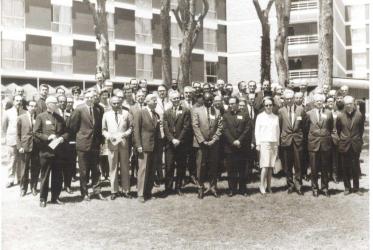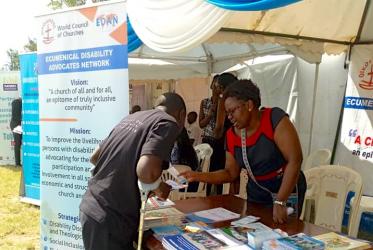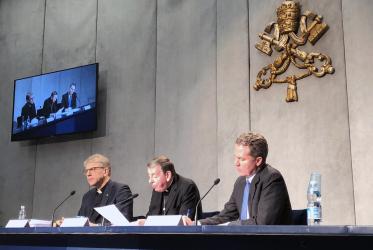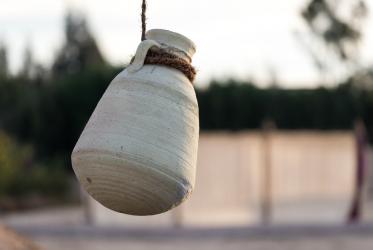Displaying 1 - 20 of 50
Thirty days that changed the ecumenical movement
23 October 2023
WCC-EDAN observes International Day of Persons with Disabilities
06 December 2018
Romani people seek “lives of decency, dignity, and justice”
27 September 2018
Forum strengthens ecumenical commitment to diakonia
12 October 2017
In Lebanon, refugees face hardship - but find hope
16 March 2017
East African communities discuss disability, theology
17 November 2016












